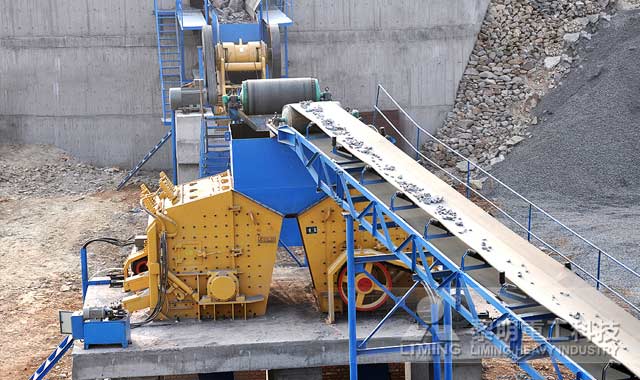If you are looking to buy a limestone crusher, there are several steps and options to consider to ensure that you choose the best machinery for your needs. The process begins by identifying reliable suppliers, considering your requirements for capacity and performance, and evaluating the different types of crushers available.

Types of Limestone Crushers
Limestone can be crushed using several types of crushers, each with its advantages depending on the desired output size, production capacity, and the specific characteristics of the material being processed. Some of the most common options include:
- Jaw Crusher: Ideal for primary crushing of large limestone chunks. It is robust and can handle a significant feed size, making it suitable for quarry operations. If you need to process bulk amounts of limestone, a jaw crusher would be an excellent choice. This might also be the best option for iron ore or copper ore crushing if you are dealing with different materials.
- Impact Crusher: Perfect for softer stones like limestone. It’s especially useful for creating fine materials or secondary crushing stages. Impact crushers are known for producing uniform and cubical products, making them ideal for aggregate production.
- Cone Crusher: Commonly used for secondary crushing, cone crushers provide efficient crushing for medium to hard limestone. They are ideal for more refined crushing applications, especially if you need more control over the finished product’s size.
When buying a crusher, you’ll need to match the crusher type to the specific needs of your operation. For instance, a jaw crusher might be perfect for larger operations, while a hammer crusher may be sufficient for small to medium-sized businesses.
Considerations Before Buying
When selecting a limestone crusher, you should consider a few important factors to make the right decision:
- Capacity Requirements: Evaluate how much limestone you need to process per hour. This will help you determine the crusher size and model. Larger operations might require crushers with capacities ranging from 100-500 tons per hour, while smaller sites may only need 30-100 tons.
- Durability and Maintenance: Crushers can be costly, so it’s essential to choose one with high durability. Some models come with self-cleaning mechanisms or easy-to-replace parts, which can reduce downtime and keep your production running smoothly.
- Budget: Crushers come in a variety of price ranges, depending on their brand, capacity, and type. While cheaper options might seem attractive, consider long-term performance, maintenance costs, and durability when making your purchase.
- Customization: Some suppliers or manufacturers offer customized solutions that tailor the crusher’s design to your specific requirements. This is particularly useful for large-scale operations that need specialized machinery.
In conclusion, buying a limestone crusher requires careful research and planning. By exploring local dealers, online marketplaces, and trusted manufacturers, you can find the right crusher to meet your capacity, durability, and price requirements. Always ensure that you match the type of crusher to your operation’s specific needs for the best performance and longevity.

